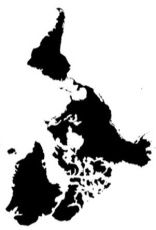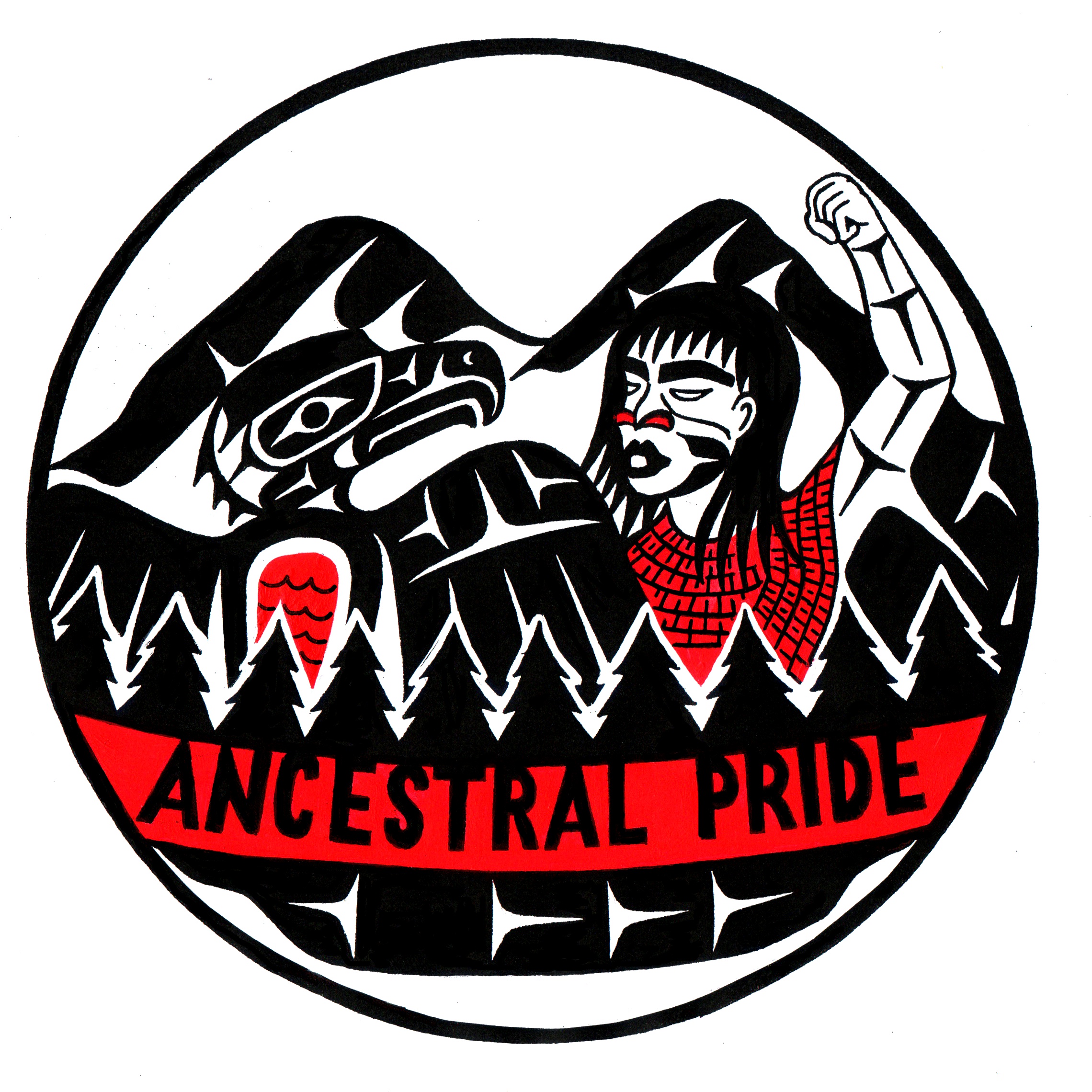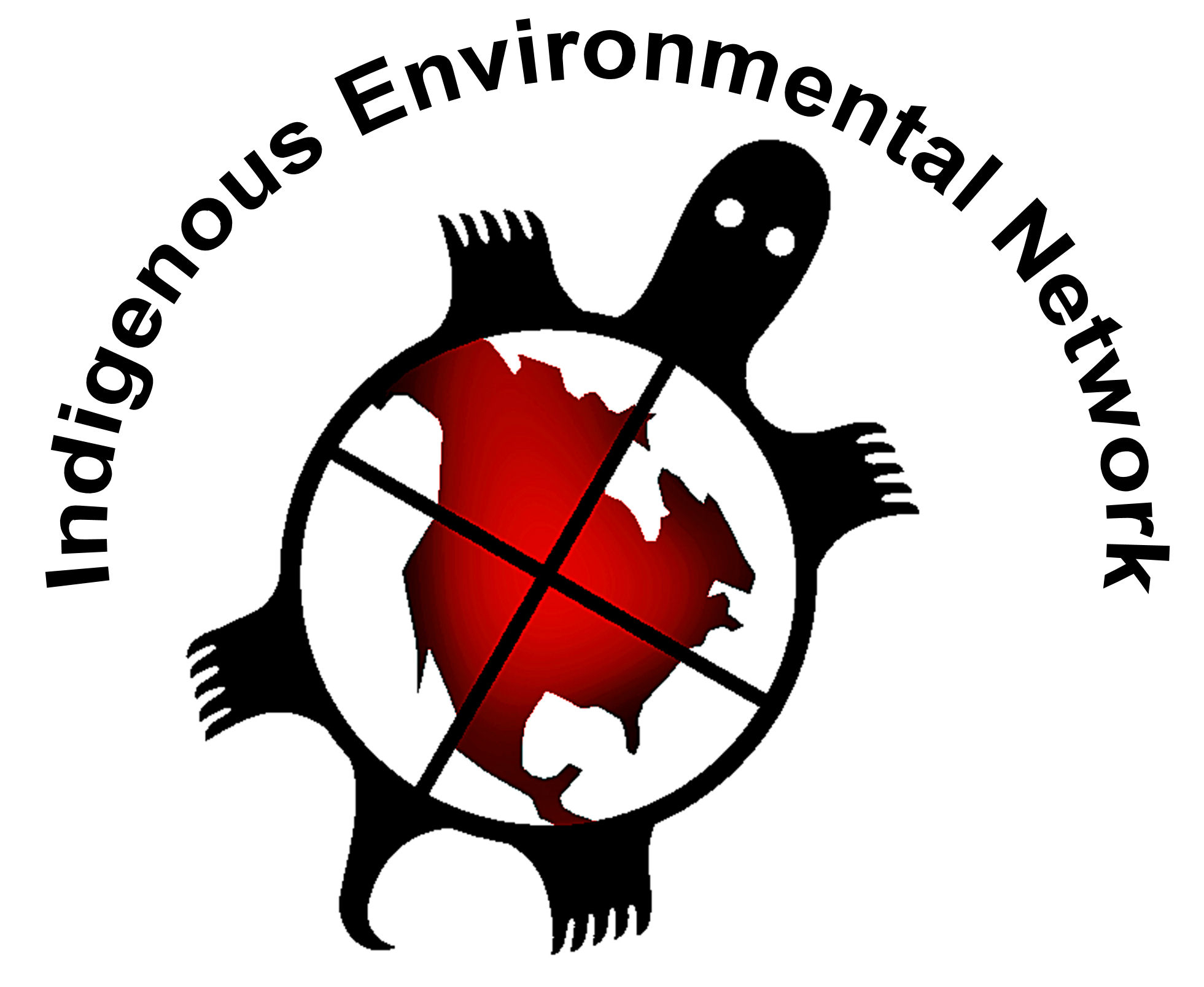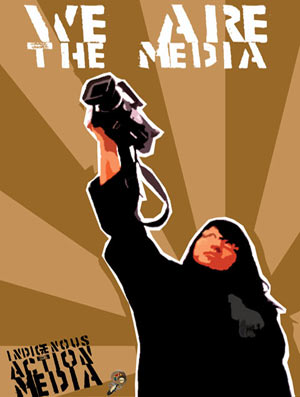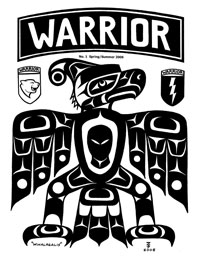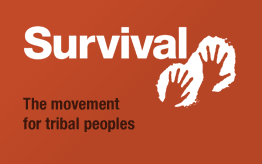 By Andrea Smith[1], Affinities: A Journal of Radical Theory, Culture, and Action, Vol 5, No 1 (2011)
By Andrea Smith[1], Affinities: A Journal of Radical Theory, Culture, and Action, Vol 5, No 1 (2011)
Abstract
The Native feminist theorizing advocated in this article points to the importance of looking at Native organizing and Native Studies – and by extension ethnic studies as well – as going beyond an intellectual commitment to a politics of multicultural representation. Native feminisms must be oriented less toward questions of representation and more toward questions that interrogate the material conditions that Native women face as subjects situated within a nexus of patriarchy, colonialism, and white supremacy.
Introduction
A good number of non-white women have addressed the women’s movement and decried the fact that we are outside the women’s movement. I have never felt outside of that movement… I have never felt that the women’s movement was centered or defined by women here in North America. That the white women of North America are racist and that they define the movement in accordance with their own narrow perspective should not surprise us… We are part of a global movement of women in the world, struggling for emancipation. The world will define the movement. We are part of the women who will define it… I represent the future of the women in North America, just as any other woman does. That white women only want to hear from me as a Native and not as a voice in the women’s movement is their loss.
— Lee Maracle[2]
As Sandy Grande notes, Native Studies is often confined (both by Native and non-Native scholars) to the realm of cultural representation. She asks: “How has this preoccupation [with cultural representation] obscured the social and economic realities facing indigenous communities, substituting a politics of representation for one of radical social transformation?”[3] And as Elizabeth Cook-Lynn argues, Native Studies is not seen as in intellectual project with its own integrity that has broader ramifications. Thus, the key questions often posed in Native Studies are, what is indigeneity? What is Indian identity? Such questions often derail Native Studies into essentializing discourses about indigenous cultures and/or epistemologies.
These trends in turn negatively impact the development of Native feminist theory. First, many works still rely on essentializing claims that Native women cannot be feminists,[4] thus erasing the diversity of thought that exists within both scholarly and activist circles.[5] Second, to the extent that scholars do engage Native feminism, they do so almost solely to demonstrate the racism of white feminism. Such rhetorical strategies limit Native women to a politics of inclusion – let us include Native women in feminist theory (or if we do not think that they can be included, let us reject feminist theory completely). This politics of inclusion inevitably presumes that feminism is defined by white women.
However, if we use Lee Maracle’s above quotation as a starting point, we begin to move from a politics of inclusion to a politics of re-centering. That is, if we were to situate Native women at the center of feminist theory, how would feminist theory itself change? Such a project moves from a narrowly-defined identity politic that ascribes essential characteristics to indigenous womanhood to a revolutionary politic emerging from the nexus of indigenous praxis and the material conditions of heteropatriarchy, colonialism, and white supremacy. Indigenous feminist theory, contrary to what even some Native scholars argue,[6] is not simply a multicultural add-on to “white” feminist theory (which itself is varied and complex). Rather, the theorizing produced by Native women scholars and activists make critical and transformative interventions into not only feminist theory, but into a wide variety of theoretical formations. In this essay, I will not provide an exhaustive account of these interventions because these interventions are the work of collective thought and organizing. Instead, I will focus on Native feminist theorizing about nationalism, the nation-state, and sovereignty in order to demonstrate the significance of Native feminist theory for anyone who engages in political theorizing and activism.


